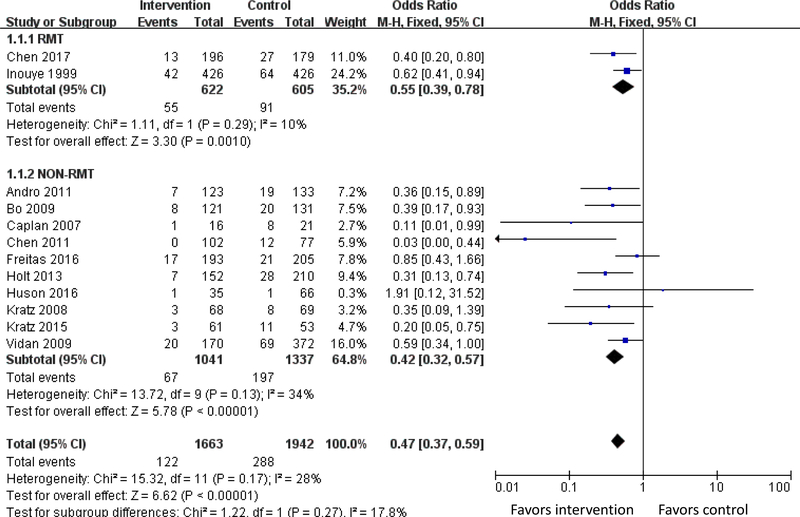Figure 2. Meta-analysis of Outcome of Delirium Incidence.
Twelve studies of the HELP model measured delirium incidence. In total, the meta-analysis involved 3,605 patients and showed that the odds of delirium were 53% lower in the intervention group compared with controls (OR 0.47; 95% CI, 0.37–0.59, I2 = 28%). Stratified by study type (RMT versus non-RMT), HELP-based delirium interventions lowered the odds of delirium by 45% (OR 0.55; 95% CI, 0.39–0.78, I2 = 10%) among 1,267 patients included in 2 RMTs and by 58% (OR 0.42; 95% CI, 0.32–0.57, I2 = 34%) among 2,378 intervention patients included in 10 non-RMTs. The numbers needed to treat (NNTs) were 16.7 (95% CI, 10.0–33.3) among RMTs and 12.5 (95% CI, 10.0–20.0) among non-RMTs.

